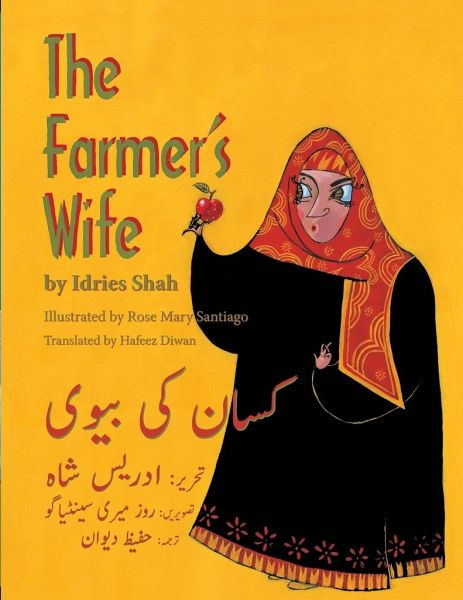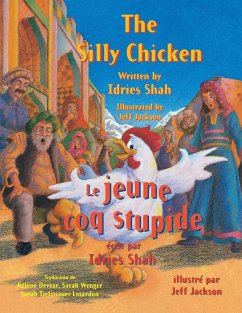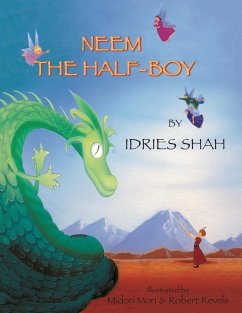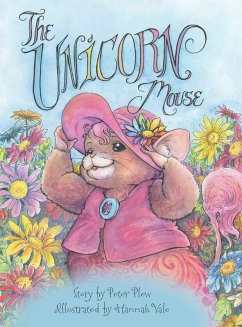
The Farmer's Wife
English-Urdu Edition
Versandkostenfrei!
Versandfertig in 1-2 Wochen
15,99 €
inkl. MwSt.

PAYBACK Punkte
8 °P sammeln!
(Bilingual English-Urdu edition) This story tells how a woman loses an apple down a hole in the ground and then makes a series of attempts to retrieve it. Children love chanting the action sequence of this cumulative tale from memory, but when the plot takes a sudden turn that's contrary to all expectations, they also learn important lessons about the nature of problem solving and discovery. The strikingly beautiful illustrations by Rose Mary Santiago invoke the origins of the story - which comes from the Sufi tradition and has been told for hundreds of years in the Middle East and Central Asi...
(Bilingual English-Urdu edition) This story tells how a woman loses an apple down a hole in the ground and then makes a series of attempts to retrieve it. Children love chanting the action sequence of this cumulative tale from memory, but when the plot takes a sudden turn that's contrary to all expectations, they also learn important lessons about the nature of problem solving and discovery. The strikingly beautiful illustrations by Rose Mary Santiago invoke the origins of the story - which comes from the Sufi tradition and has been told for hundreds of years in the Middle East and Central Asia - while at the same time lending a uniquely playful atmosphere to this very amusing tale.












